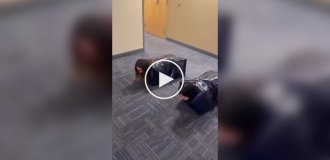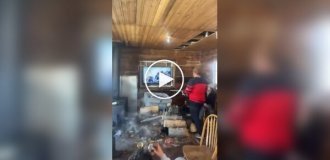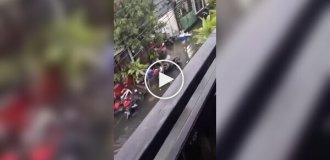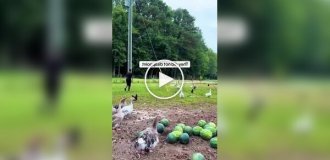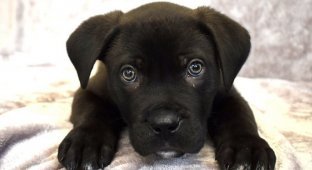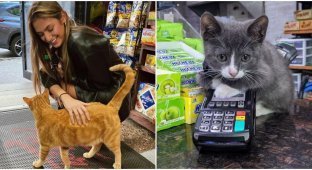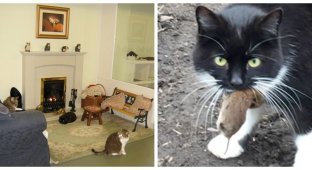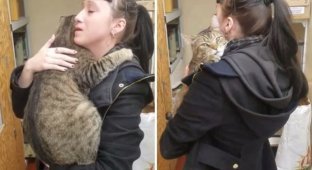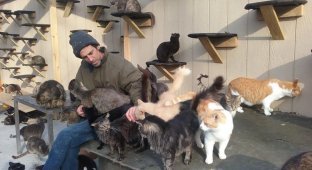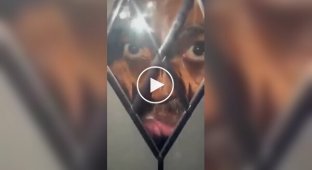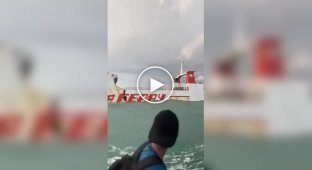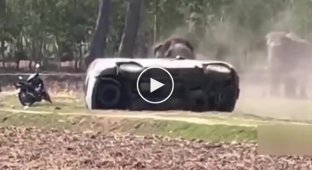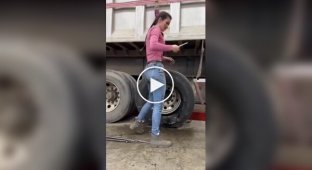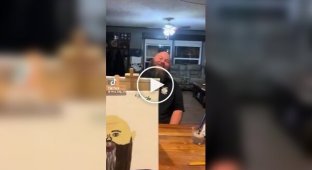A horde of feral cats disturbed the peace of the Scottish island of Barra (7 photos)
Residents of one of the Hebridean islands, the Isle of Barra, are extremely concerned about the uncontrolled growth of the stray cat population. There are more and more of them, and it no longer looks like a group of cute fluffies, but like a horde of cruel invaders threatening to overrun the island and destroy all the birds. 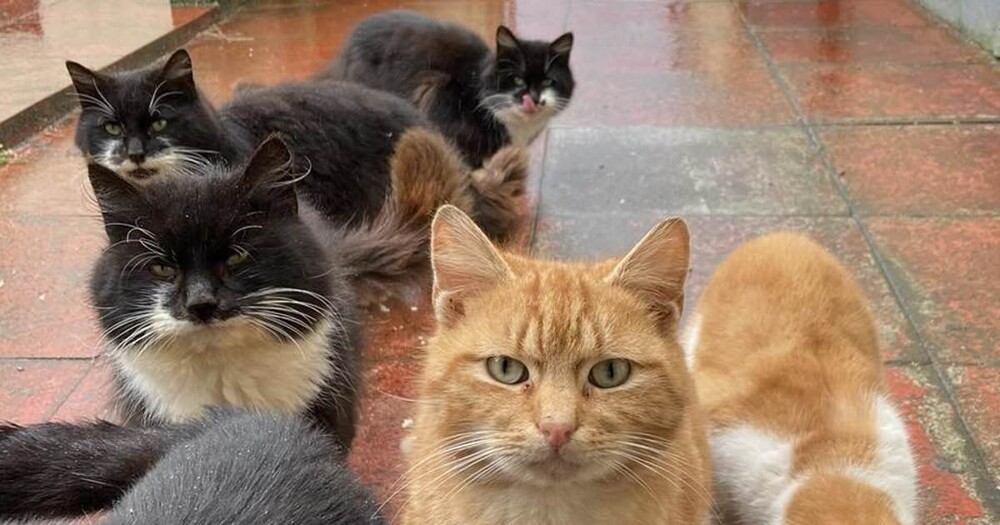
It all started with an innocent meeting of a few furry friends in an empty house. But soon the handful of cats has turned into a feral horde that threatens to destroy the local wildlife. Now the island's residents face an urgent operation to save Barra's birds from being killed by cats, as well as to save the cats themselves. 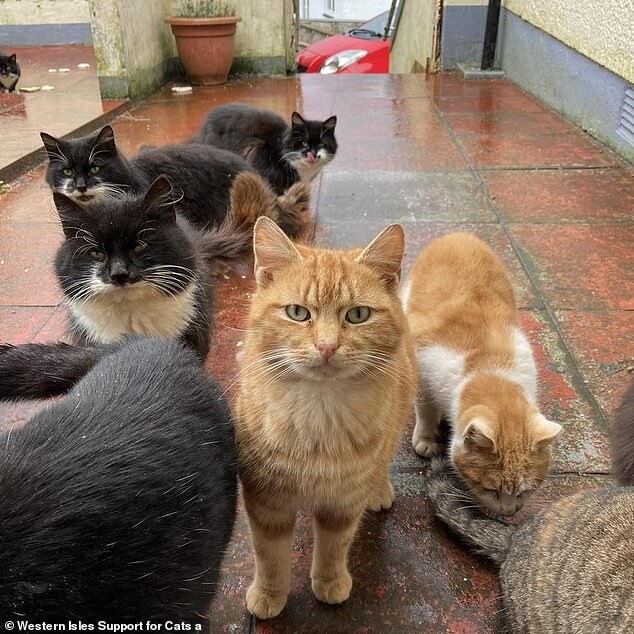
The cats started flocking to one of the empty houses (its owners live elsewhere) a few months ago. Their number quickly grew to 20, and after the death of two local cat ladies, there were even more stray animals, and they all gathered in a pack. 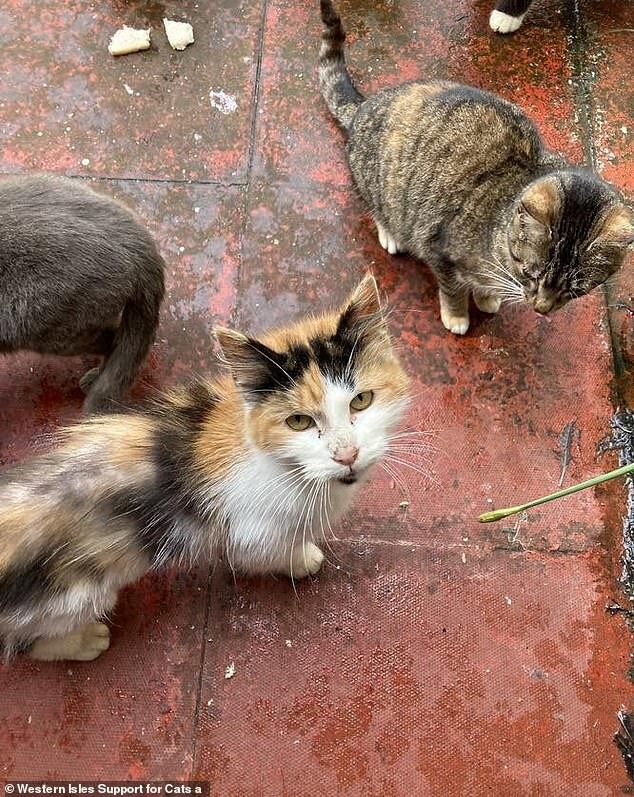
Now that kitten season is approaching, the homeowners have enlisted outside help to trap, neuter and rehome the cat colony before it takes over the entire island. Before this, they periodically tried to feed the cats, but since they live on the mainland, they found it difficult to cope with the growing population. 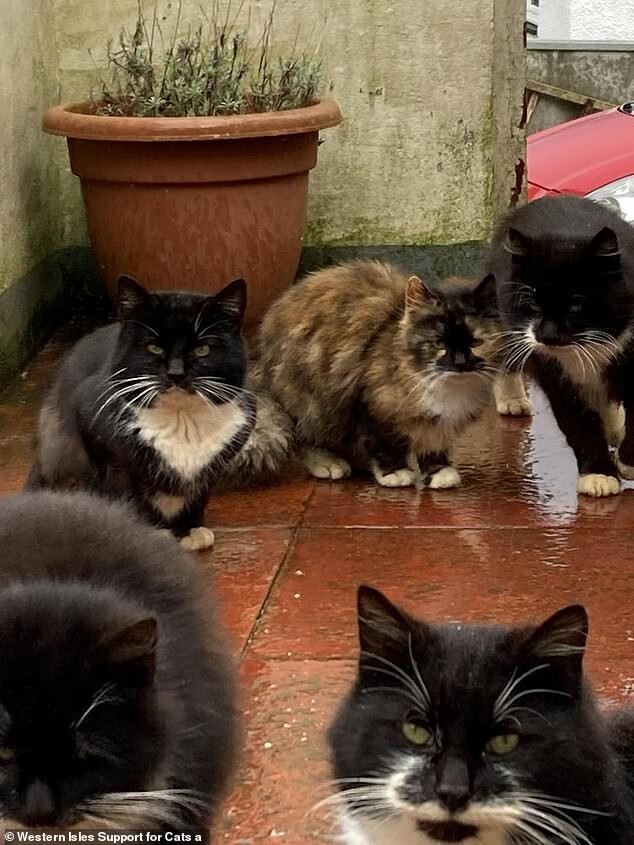
However, fearing for the cats, many of whom had never had to forage before, and at the same time for the limited population of birds on the island, which would become the main prey of the colony, the owners of the “cat house” decided that it was time to do something. To solve the problem, they involved the animal protection organization Western Isles Support for Cats and Kittens (WISCK).
In its statement, WISCK said the national animal charity had advised homeowners to "just stop feeding them". But the statement said: "This is a human-made problem, so we must step in and help." 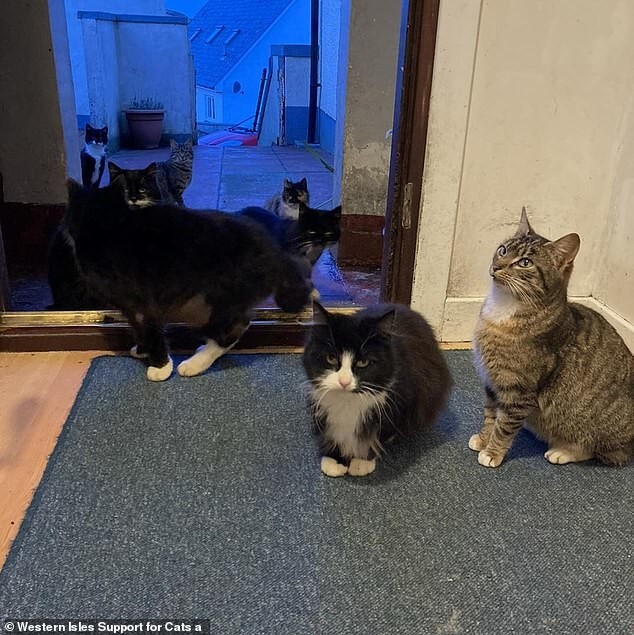
A spokeswoman for the charity said the intervention was vital for the welfare of the cats and the protection of the island's wildlife.
“The lack of natural prey and the cats' dependence on human assistance has led to the need for intervention to prevent uncontrolled colony growth,” she said. “WISCK takes on the enormous task of catching the cats, transporting them to Cat Central in Stornoway for health checks, neutering them and ultimately finding them suitable homes across the island.” 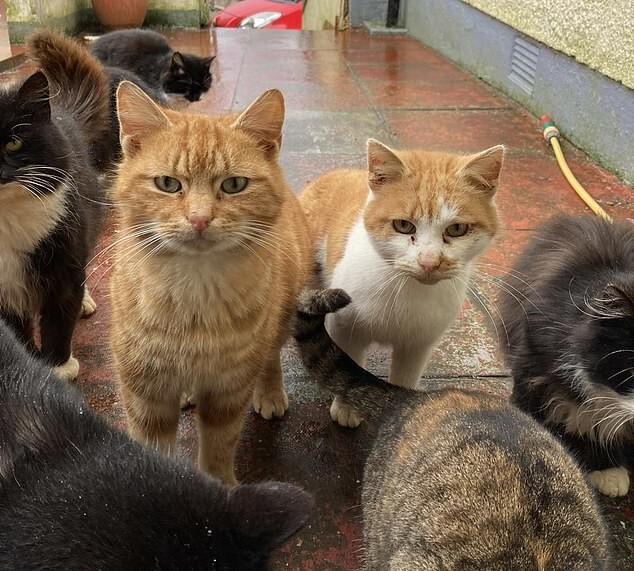
“This intervention is necessary for both the welfare of the cats and the island’s ecosystem, especially as kitten season approaches,” she added. 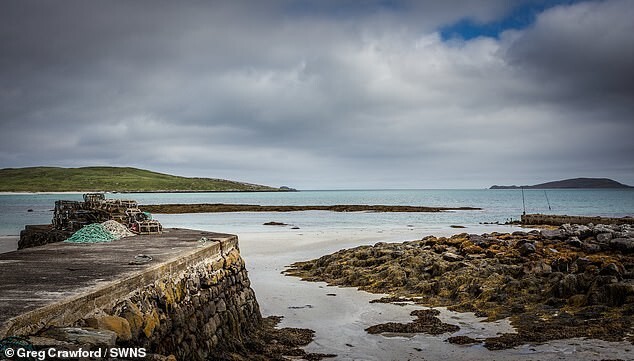
According to the animal rights activist, there are too few birds on the island to risk being destroyed by an out-of-control cat colony. In addition, cats, most of which are accustomed to being fed, will not be able to survive by hunting alone.
